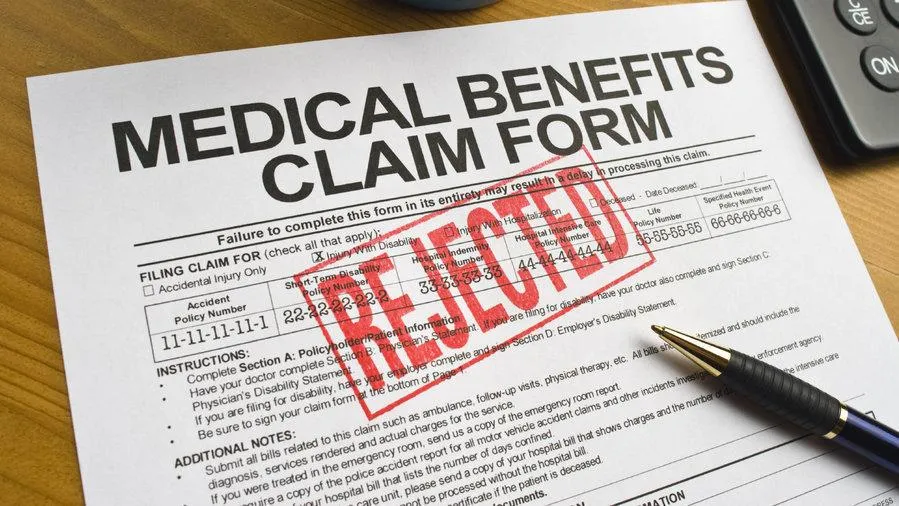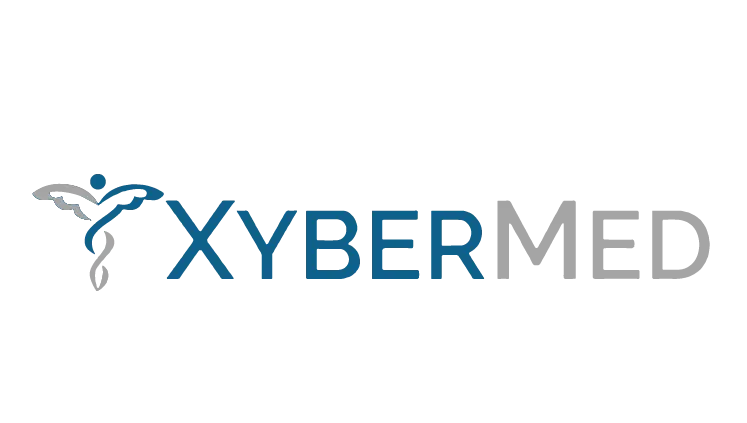Our Blog

10 Common Reasons for Medical Claim Denials
Dealing with medical claim denials can be frustrating for both patients and healthcare providers. Whether it's due to a simple typo or complex insurance policies, denials can delay payments and disrupt workflows. But don’t worry—understanding the common reasons behind these denials and knowing how to prevent them can save you from the hassle.
Let’s dive into the top 10 reasons for medical claim denials and explore practical steps to prevent them.
1. Incorrect Patient Information
One of the most common reasons for medical claim denials is incorrect or incomplete patient information. Even a small mistake, like a misspelled name or wrong insurance ID number, can lead to rejection.
Prevention:
Double-check patient details during registration.
Efficient denial management
Train staff to verify information accurately and confirm details with the patient.
Use automated systems to validate entries before submission.\
2. Coding Errors
Medical coding mistakes, such as incorrect diagnosis codes or mismatched procedure codes, can cause claims to be denied. Coding errors often happen due to lack of knowledge or oversight.
Prevention:
Hire certified medical coders and provide regular training.
Use advanced coding software to reduce manual errors.
Conduct regular audits to ensure coding accuracy.
3. Lack of Pre-Authorization
Certain medical procedures or treatments require prior authorization from the insurance company. Skipping this step can lead to automatic denial.
Prevention:
Create a checklist of services that require pre-authorization.
Train staff to handle pre-authorization requests promptly.
Follow up with insurance companies to confirm approvals before proceeding.
4. Non-Covered Services
Sometimes, a service may not be covered under the patient’s insurance plan, leading to a denial. This often happens with elective or out-of-network treatments.
Prevention:
Verify insurance coverage details before scheduling the service.
Inform patients about out-of-pocket costs for non-covered services upfront.
5. Missing Documentation
Insurance companies require detailed documentation to process claims. Missing or incomplete documents, like medical records or physician notes, can result in a denial.
Prevention:
Maintain thorough documentation for every patient encounter.
Review claims to ensure all required documents are attached.
Invest in electronic health record (EHR) systems to organize documentation efficiently.
6. Timely Filing Issues
Every insurance company has a filing deadline for claims. Submitting a claim after the deadline is a guaranteed way to get it denied.
Prevention:
Keep track of filing deadlines for each insurer.
Use billing software with built-in reminders for due dates.
Submit claims as soon as possible to avoid missing deadlines.
7. Duplicate Claims
Submitting the same claim multiple times can lead to confusion and denials. This often happens due to system errors or human mistakes.
Prevention:
Use billing software that flags duplicate entries.
Train staff to check the claim status before resubmitting.
Regularly audit claims to spot and correct duplicates.
8. Incorrect Insurance Information
Claims can be denied if the patient’s insurance details are outdated or invalid. This is especially common with patients who switch insurance plans without notifying the provider.
Prevention:
Verify insurance details at every visit.
Update records immediately if the patient’s insurance changes.
Use tools to validate active coverage in realtime.
9. Coordination of Benefits (COB) Issues
For patients with multiple insurance plans, claims can be denied if the coordination of benefits is unclear. This often happens when primary and secondary insurance details aren’t properly updated.
Prevention:
Verify COB information during patient registration.
Update insurance details regularly to reflect changes.
Work closely with insurers to resolve COB conflicts.
10. Medical Necessity Denials
Insurance companies may deny claims if they believe a treatment or procedure wasn’t medically necessary. This is often based on the insurer’s interpretation of medical guidelines.
Prevention:
Provide clear documentation that justifies the necessity of the treatment.
Stay updated on the insurance company’s medical necessity policies.
Appeal denials with additional supporting evidence, if needed.
Tips for Handling Denied Claims
Even with preventive measures in place, denials can still happen. Here are a few tips for managing them effectively:
Analyze the Denial: Understand the reason behind the denial and identify if it’s fixable.
Appeal Quickly: Submit an appeal with all the required documentation and corrections.
Educate Your Team: Regularly train your billing staff to minimize recurring issues.
Leverage Technology: Use billing software with denial management features to streamline the process.
Conclusion
Medical claim denials are frustrating, but they’re not inevitable. By understanding the reasons for medical claim denials and taking proactive steps, you can significantly reduce them and ensure smoother payment processes. Whether it’s improving data accuracy, staying on top of deadlines, or investing in better technology, every little effort adds up to big results. XyberMed offers robust medical billing assistance to help you prevent denial claims. Let the professionals handle the administration while you focus on important things like care.
Remember, prevention is always better than correction when it comes to medical billing! So, take the time to review your processes, fix the gaps, and stay ahead of the game.

Outsource medical billing service to XyberMed. Boost your practice with affordable, expert billing! Get started today and see the results.
Address:
755 Waverly Ave, Suite 100A Holtsville, NY 11742-1125 USA
